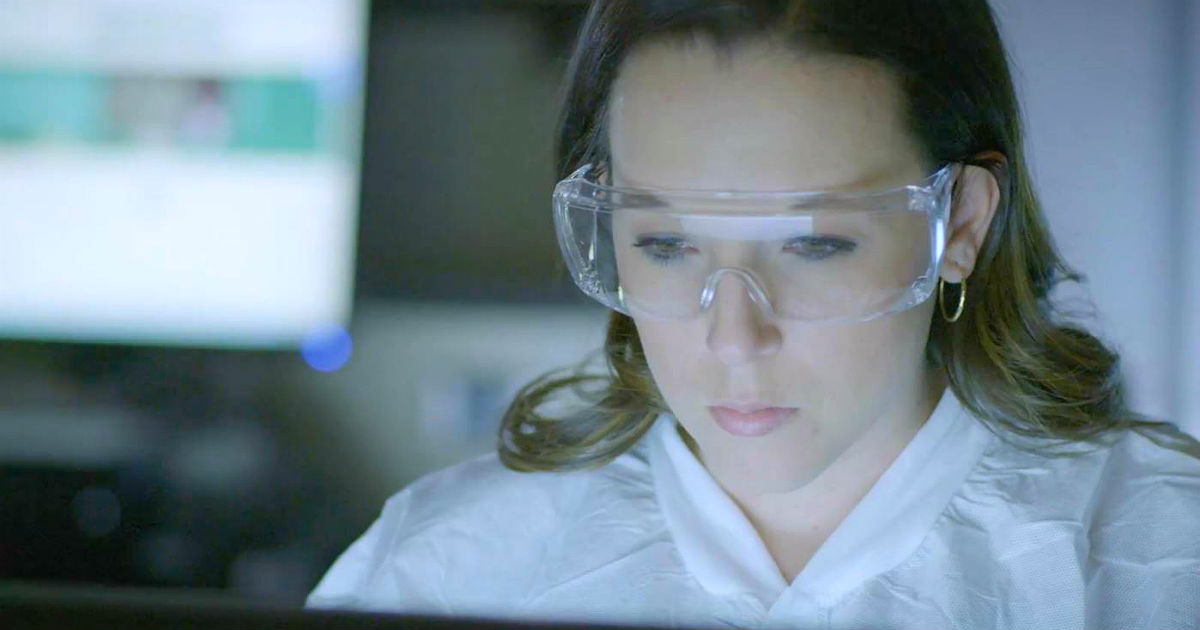
The idea of participating in a clinical trial may be daunting to some patients. What if the trial doesn’t work? What if I get the placebo? What if I get sicker while on the trial? These concerns are natural and contribute to the low participation rate in many clinical trials.
But clinical trials are critical to determining the effectiveness and safety of new treatments and drugs for many diseases, including cancer. If appropriate, your doctor may recommend you enroll in a cancer clinical trial for a variety of reasons. Among them:
- A clinical trial may offer you access to a new treatment option that may otherwise be unavailable to you.
- A trial may offer an existing drug approved for another cancer that may have the same genetic features as yours.
- A clinical trial may be one of the only options left to you if other standard-of-care treatments have not produced a positive outcome.
In this video, Maurie Markman, MD, President of Medicine & Science for Cancer Treatment Centers of America® (CTCA), and Pamela Crilley, DO, Chairman of the CTCA® Department of Medical Oncology, talk about how clinical trials work and their importance in evaluating new medical treatments.

